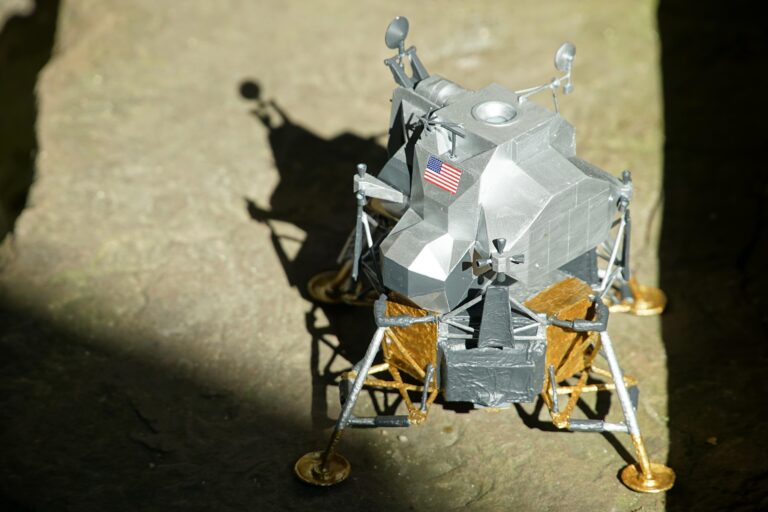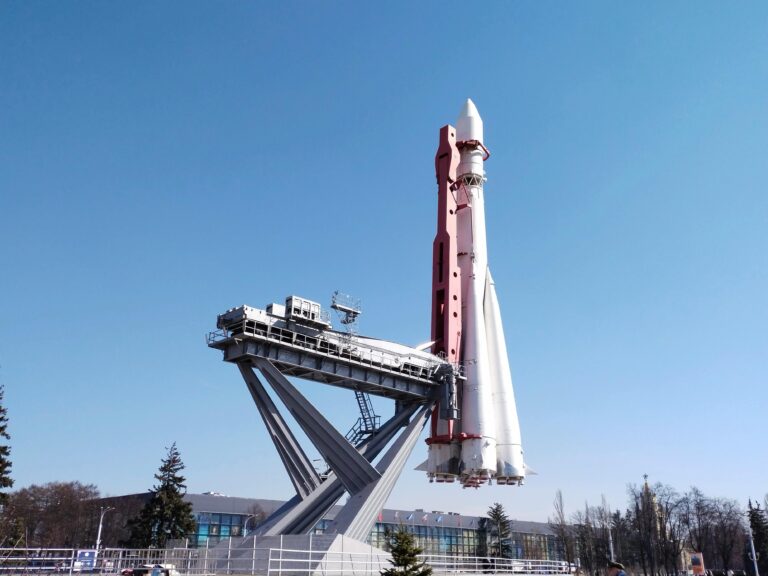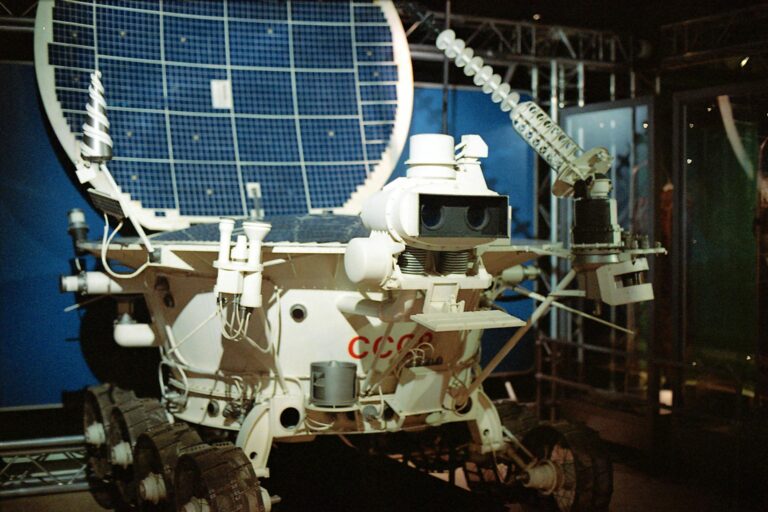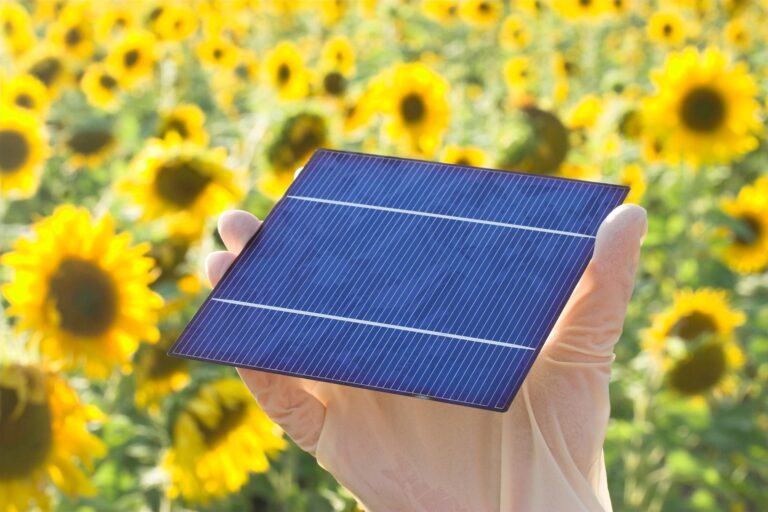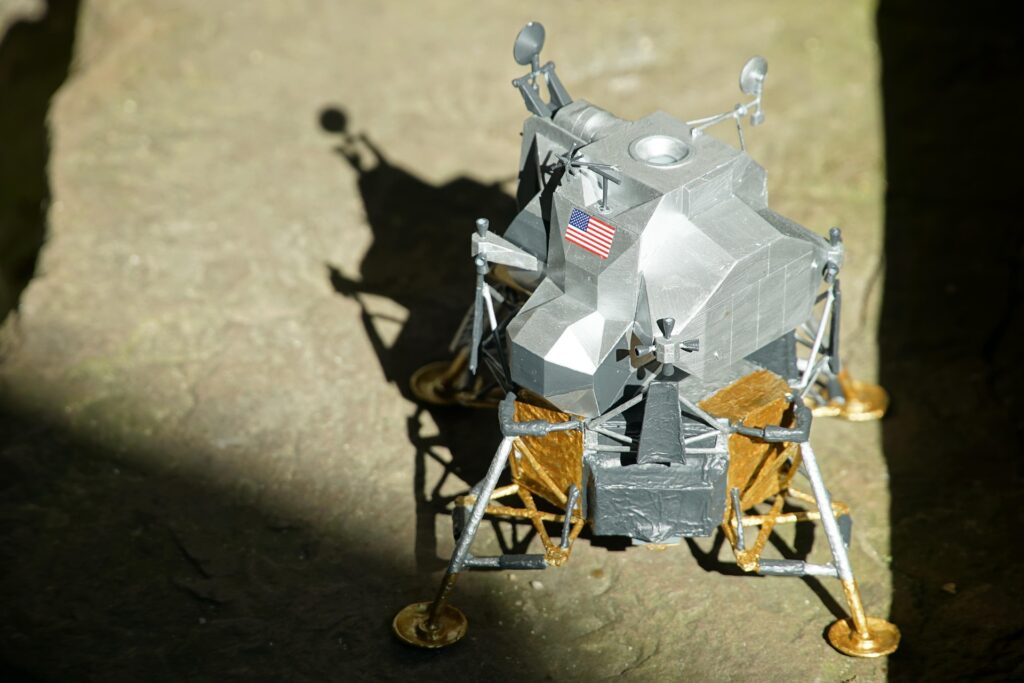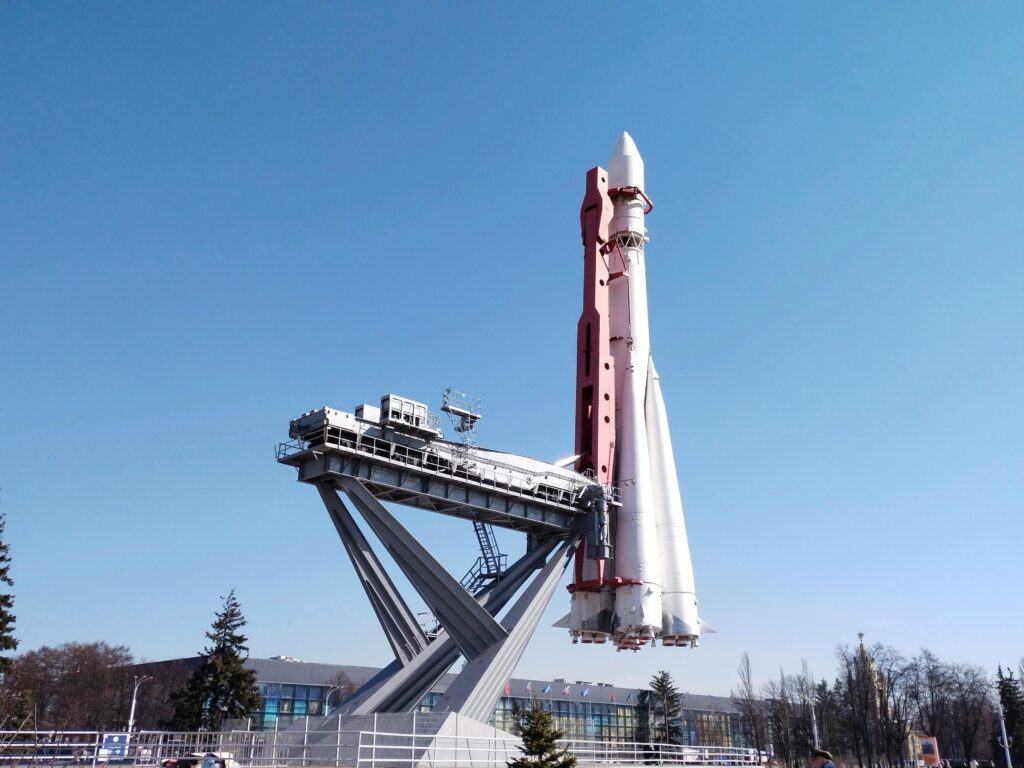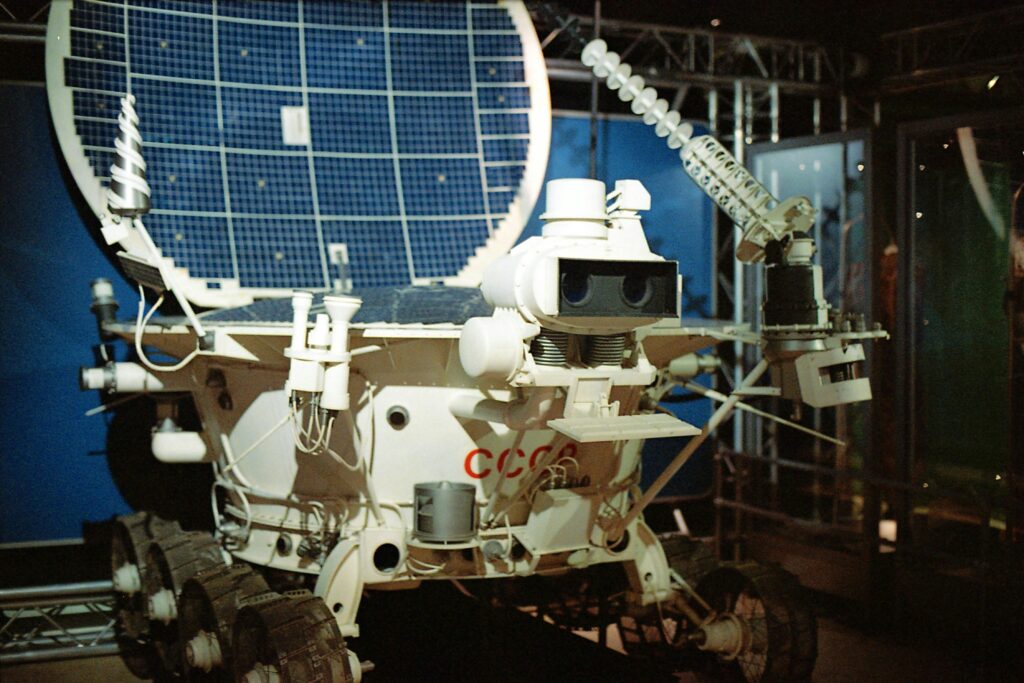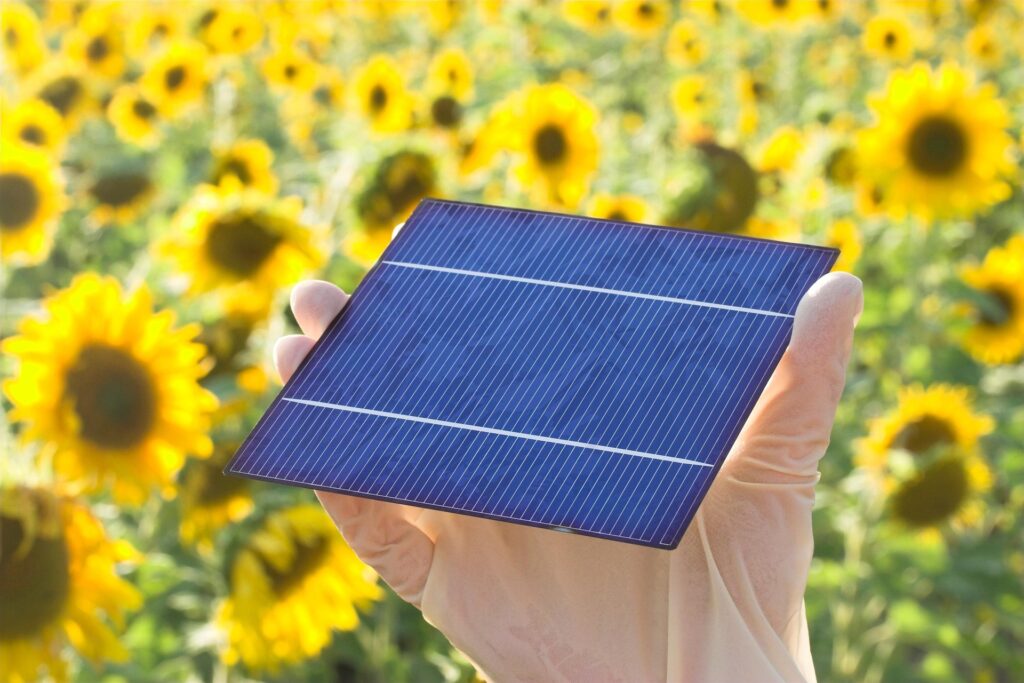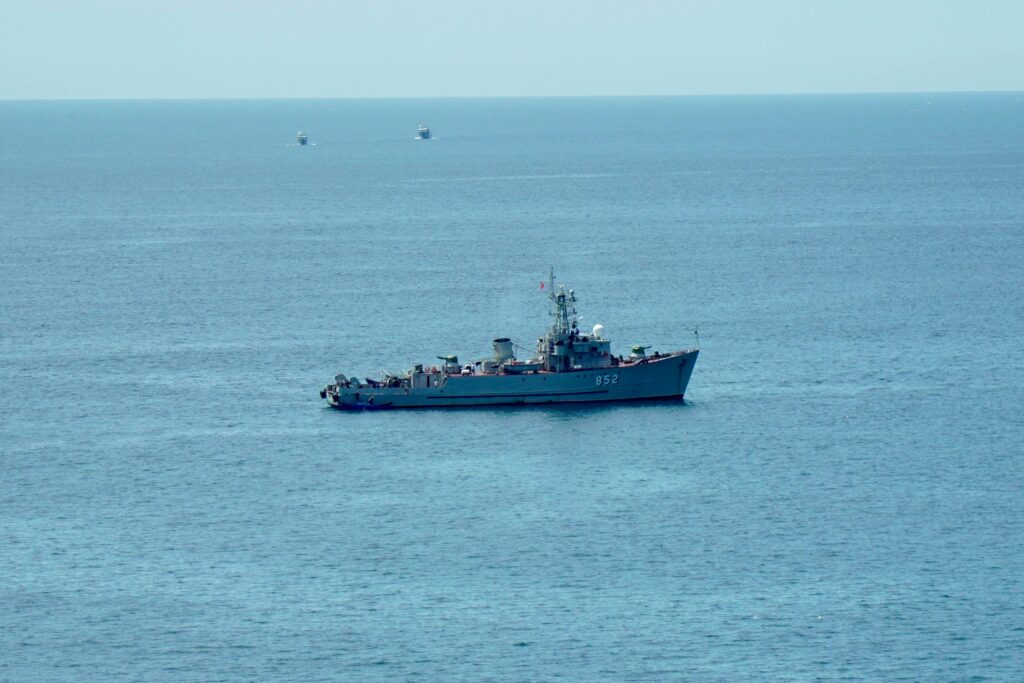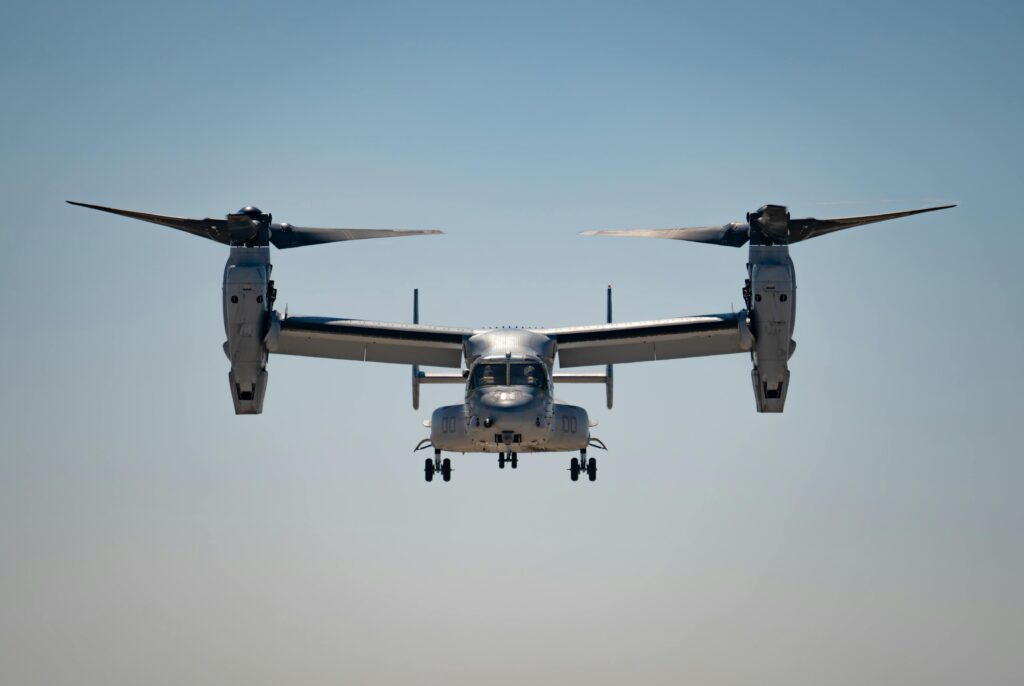Hanwha Power Systems has taken a major step toward strengthening its presence in the Middle Eastern energy sector by signing a land lease agreement with King Salman Energy Park (SPARK) on the 4th. The agreement paves the way for the construction of a state-of-the-art compressor packaging and service center measuring approximately 11,600 square meters. SPARK, fully owned by Saudi Aramco, is an international hub dedicated to advancing energy, manufacturing, and technology industries. Hanwha’s new investment reinforces the park’s growing status as a global center for next-generation industrial activity.
The deal was finalized during ADIPEC 2025, the world’s largest and most influential oil and gas exhibition held in Abu Dhabi, underscoring the strategic significance of the announcement. With global attention focused on energy security, decarbonization, and advanced industrial capabilities, Hanwha Power Systems’ expansion aligns perfectly with regional and international energy priorities.
Construction of the new facility is scheduled to begin in the first quarter of 2026, with the company aiming for commercial operations during the first half of 2027. Once completed, the center will function as Hanwha Power Systems’ key operational hub for compressor packaging, manufacturing support, maintenance, and lifecycle services tailored to the needs of Middle Eastern clients.
This investment is expected to significantly strengthen the company’s competitiveness in a region where demand for advanced compressor systems continues to rise. The Middle East, driven by large-scale projects in oil and gas production, petrochemicals, industrial plants, and clean energy, remains one of the world’s most vital markets for high-efficiency compressors and industrial equipment. By establishing a strong local presence, Hanwha Power Systems aims to enhance responsiveness, reduce operational delays for customers, and deliver equipment tailored specifically to regional operating environments.
READ ALSO: https://www.modernmechanics24.com/post/dark-excitons-made-visible-nanotech
The initiative also aligns closely with Saudi Arabia’s national strategy to localize the energy and industrial supply chain, a core pillar of the Kingdom’s long-term economic diversification plans. Hanwha’s new center is expected to support these goals by creating local jobs, fostering specialized technical talent, and enabling technology transfer—all of which contribute to the development of a sustainable industrial ecosystem within Saudi Arabia.
Globally, Hanwha Power Systems has built a strong reputation for delivering reliable, high-performance compressors. As of the first half of 2025, the company has achieved cumulative sales of 9,000 compressor units and industrial systems. A significant portion of these units are in active operation across the Middle East, supporting industries ranging from oil and gas extraction to carbon capture, utilization, and storage (CCUS) and air separation technologies.
The new packaging and service center will provide comprehensive, end-to-end product care—including maintenance, rapid-response service, technical support, and localized packaging for faster delivery. The company also plans to expand strategic partnerships with regional firms in oil and gas, power generation, industrial manufacturing, and related sectors.
WATCH ALSO: https://www.modernmechanics24.com/post/us-air-force-s-sentinel-weapon-improved-range
According to Soo-kyoung Kim, Head of the AM Business Unit at Hanwha Power Systems, establishing this foothold in the Middle East is crucial for long-term growth. “We are committed to improving efficiency, reducing costs, and ensuring stable operation throughout the entire lifecycle of our compressor systems for clients in the region,” she said.
Nabil Chaachou, Vice President of Strategy & Business Development at SPARK, added that Hanwha’s investment supports the Kingdom’s broader industrial ambitions. “This facility strengthens our ecosystem by enabling advanced manufacturing and service capabilities that will create jobs, drive technology transfer, and support sustainable growth.”
READ ALSO: https://www.modernmechanics24.com/post/yonsei-university-high-voltage-solid-state-batteries
